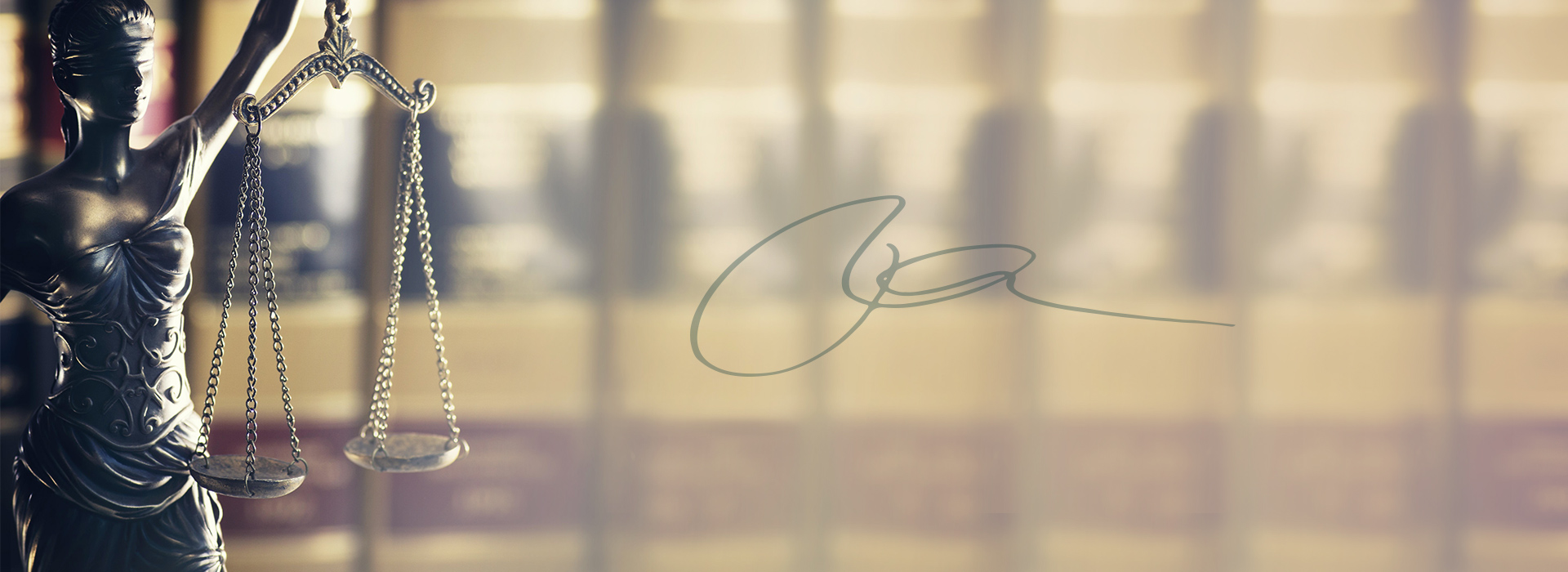
Adultery
How to prove adultery ?
Proving adultery is only useful as part of a divorce, in fact, adultery of the spouse remains a cause for divorce for fault.
The question that frequently arises is how one can prove that his spouse is adultery.
Adultery is a fault which may be by any means (Article 259, Civil Code) unless violence or fraud. It is therefore not possible to list everything, but we’ll take stock of the most commonly considered evidence and their legal value.
1. the Report of private detective INVESTIPOLE
These documents are accepted as evidence provided that « the invasion of privacy is proportionate to the aim pursued ». It is therefore possible to follow your spouse a few days to check a possible adultery, but in no case can you forward it for months.
In addition to the courts consider that this evidence alone is insufficient and it may be useful corroborated by other documents.
Finally it should be understood that the investigation report proves the love relationship that is, the interviewer can attest to having seen or heard people have an undeniable attitude. Photos attached are very useful.
2. Photos and videos
Photographs and videos are evidence accepted provided they are clear relationships.
3. certificates
The certificates are a very common method of proof, a person testifies that he personally saw or heard your spouse behave in love with someone else or brag.
4. the finding of adultery
SIf you know exactly when your spouse is going to find her lover or mistress, you can request an admission of adultery. Your lawyer will request that the court appoint a bailiff to see adultery. It is absolutely undeniable proof.
5. mails, faxes and emails
If you are in possession of letters, faxes or emails sent or received by your spouse, you can make this statement are admissible evidence.
6. Invoices, bank statements, phone records …
These documents may be useful to prove the expenses of your spouse, but this can prove adultery only in very specific circumstances (hotel in your town …).
There is evidence schedule that may allow a whole, characterizing adultery.
7. Confession, the diary
If your spouse has confessed his guilt in writing or acknowledged before a court, it is an very effective proof.
8. Phone messages
Warning it is illegal to record telephone conversations without the knowledge of the corresponding therefore such registration can not be accepted as evidence.
However if someone leaves a message on an answering machine, it is an valid proof.

